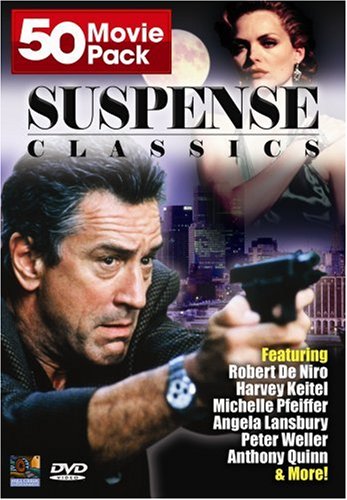Directed by Phil Rosen and produced by Republic Pictures, The President’s Mystery is a fascinating Depression-era mystery with a unique origin: it was inspired by a story outline proposed by President Franklin D. Roosevelt. FDR challenged writers to imagine a scenario in which a wealthy man, disillusioned with his life, could disappear and start anew in a meaningful way. The result is a film that blends political idealism, social reform, and classic murder mystery tropes.
Plot Summary
James Blake (Henry Wilcoxon), a wealthy Wall Street attorney, is hired to lobby against a bill that would support small canneries. After successfully killing the bill, he meets Charlotte Brown (Betty Furness), who runs a struggling cannery in a dying town. Moved by her plight and the town’s despair, Blake decides to fake his own death, liquidate his assets, and reinvent himself as James Carter, a reformer who helps revive the cannery and the local economy.
But things spiral when Blake’s estranged wife Ilka (Evelyn Brent) is accidentally killed, and Blake is framed for her murder. His past threatens to catch up with him just as he’s found purpose and love. The climax involves a town riot, a race to clear his name, and a final confrontation with the corrupt industrialist George Sartos (Sidney Blackmer).
Cast Highlights
- Henry Wilcoxon as James Blake / James Carter
- Betty Furness as Charlotte Brown
- Sidney Blackmer as George Sartos
- Evelyn Brent as Ilka Blake
- Thurston Hall, William Newell, and Edward Keane in supporting roles
Behind-the-Scenes Trivia
- The film was based on a novelization of Roosevelt’s challenge, with all proceeds going to the Georgia Warm Springs Foundation, which supported polio treatment
- It was released in the UK under the title “One for All”
- In the 1950s, nearly 30 minutes of footage were cut for television syndication, rendering many VHS and DVD versions incoherent
- The original full version is believed to still exist, though it’s rarely seen in circulation
- The film’s themes of economic justice and personal reinvention reflect Roosevelt’s New Deal ethos, making it a rare example of presidential influence on Hollywood storytelling



Comments are closed, but trackbacks and pingbacks are open.